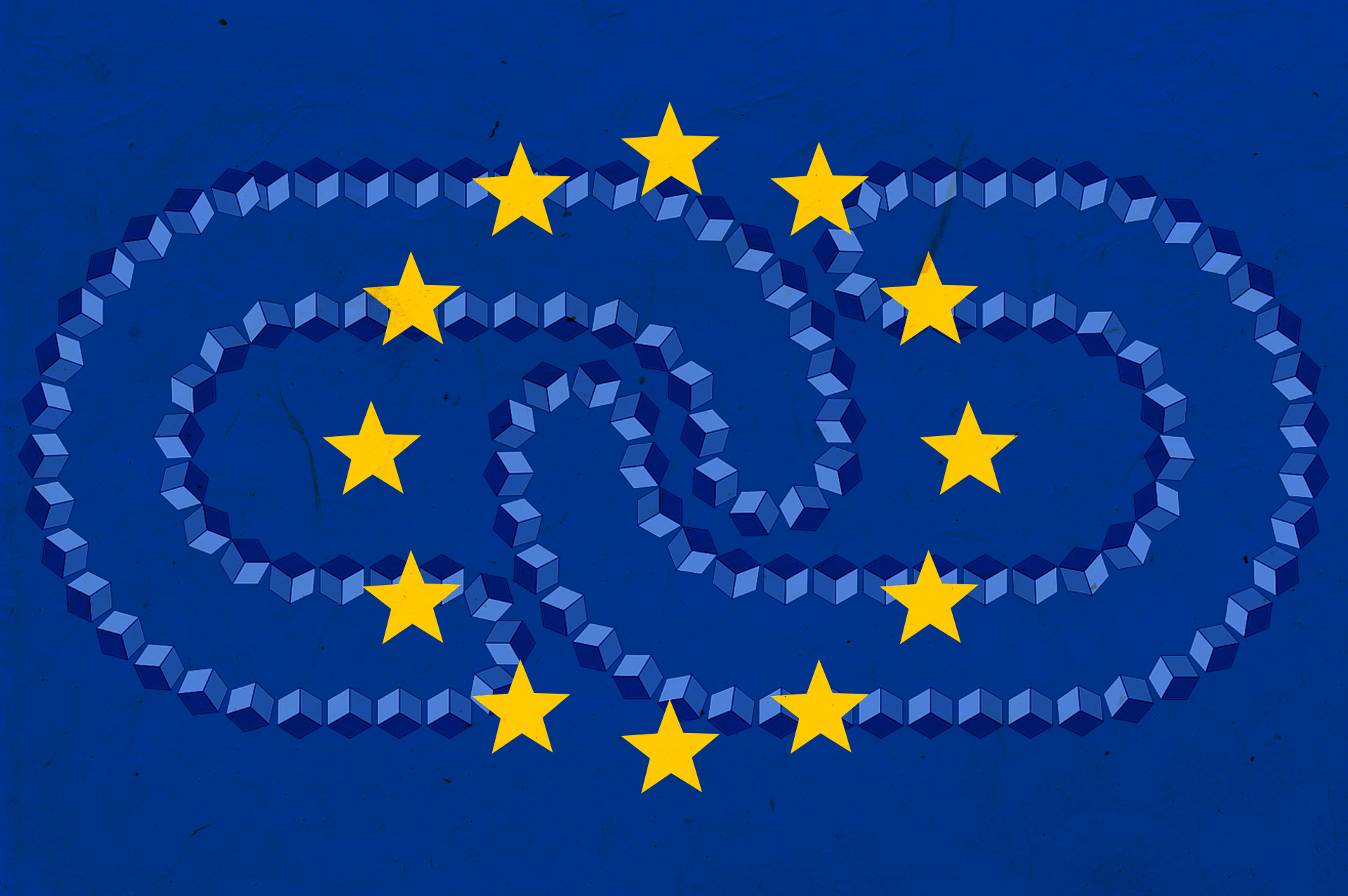The European Commission has rightly identified various risks to the EU’s economic security, ranging from supply chain dependencies to economic coercion. But these are symptoms of a deeper geo-economic malaise, and the commission’s “de-risking” approach is insufficient to address one of its main causes – the great power race for techno-industrial leadership – and its wider implications for European security, writes Tobias Gehrke.
Technological thinking …
The EU needs to analyse this geo-economic challenge and devise for itself the tools that will allow it to better coordinate the defence of European security. It should:
- Run the race for technological and industrial leadership
China’s quest to become a technology superpower – and the United States’ determination to prevent this from happening – will fundamentally re-structure the global economy and challenge European security. The EU and member states should stop viewing economic security concerns as distinct from those that relate to national security. Instead, they need to jointly define how the loss of key assets and technologies would harm European security.
- Maintain a critical technological edge in the industries that matter for the future
The EU and member states need to define in which areas they hold a critical technological edge – in terms of research, innovation, and production capacities. The EU should then organise its technology, trade, and security policy tools in support of retaining this edge. For example, it should link promotional tools such as research funding and state aid to specific technological edge targets. It should also aim to reach a new consensus on export controls, which would provide member states with more agility to impose coordinated restrictions when the risk of losing a critical technological edge is severe.
- Build an economic intelligence union
More knowledge about industry and supply chains allows for more negotiating leverage in the techno-industrial competition. The EU’s ability to strengthen its economic security will depend on pooling this intelligence, which the EU and member states gather through a variety of tools. This will require considerable trust and strong governance. Building an EU structure through which limited but gradual exchange of industry intelligence can take place would enhance the EU’s geo-economic power significantly.
… for a new era
European economic security is particularly challenged by the current geo-economic re-ordering, in which the keys to power in the global economy are quickly being snapped up. Technological interdependence is here to stay. To safeguard economic security, the EU needs to position itself as an indispensable player in the technology networks of tomorrow. The EU’s division between trade instruments controlled by the European Commission, on the one hand; and security instruments controlled by member states, on the other, makes increasingly little sense in the midst of technological and industrial rivalry in which economic security and national security are increasingly two sides of the same coin.


